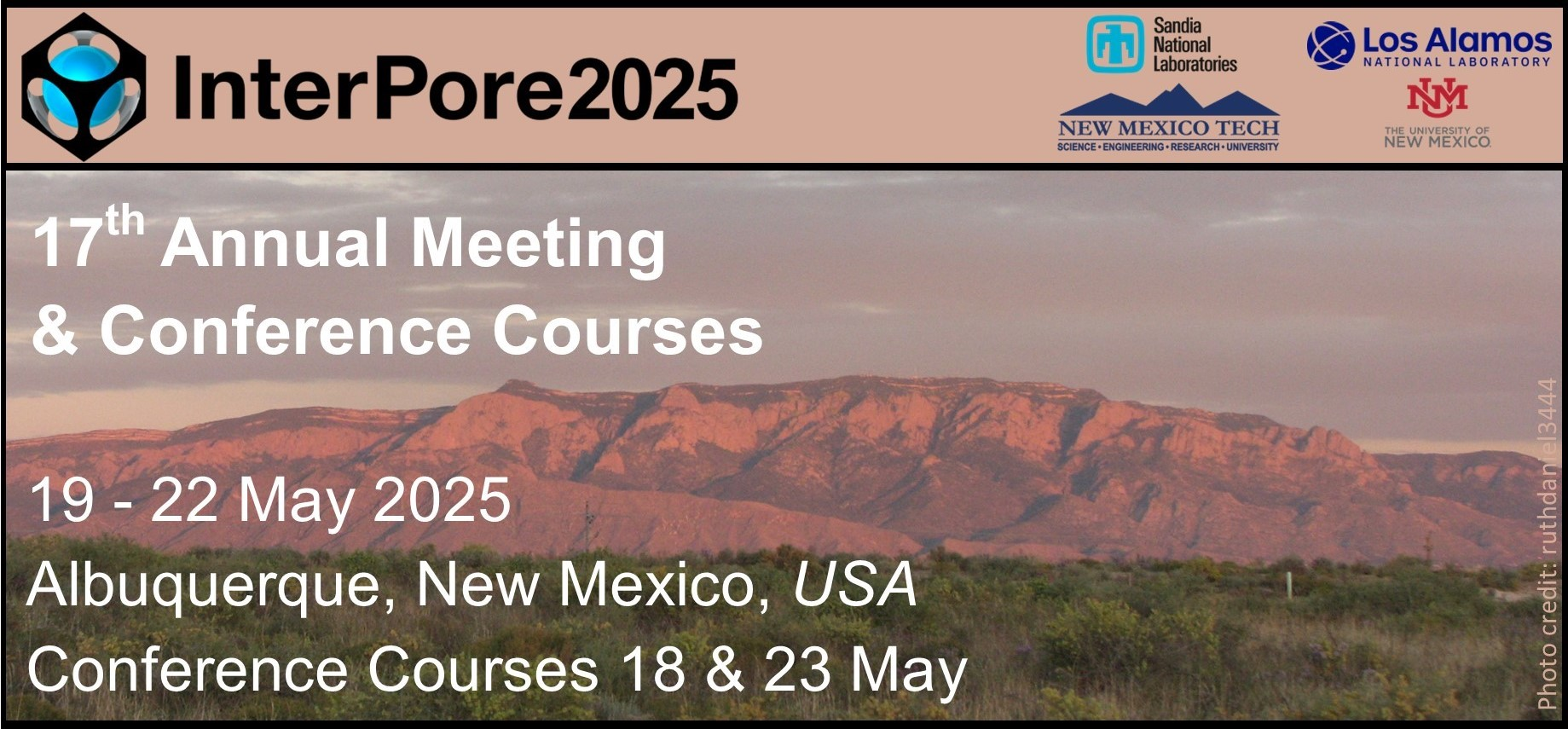Speaker
Description
Structural trapping of buoyant fluids, including carbon dioxide (CO2), depends on the caprock capillary and mechanical sealing capacity. The capillary sealing capacity of mudrocks depends on rock composition, fabric, dynamic drainage and imbibition processes, pressure and temperature, among others. The objectives of this study are (1) to evaluate potential changes of breakthrough pressure at reservoir pressure and temperature, and (2) to measure snap-off pressure after breakthrough. The study uses resedimented kaolinite in brine and is divided into two main sections: capillary breakthrough experiments at pressures between 25 and 42 MPa and temperatures between 60°C and 80°C using the step-by-step differential pressure increase method, and snap-off pressure measurements using the residual capillary pressure method. The results show (1) positive breakthrough pressures to displace brine with CO2 which remain in the same range of 1.4 to 2.8 MPa, and (2) average post-breakthrough relative permeability of 5% for all tested pressures and temperatures. The snap-off experiments results show differential capillary pressures ranging from 0 to ~1.4 MPa. The differential pressure at snap-off depends on the initial CO2 mass upstream. Overall, the results show that kaolinite mudrocks are satisfactory barriers for CO2 by development of capillary forces and brine re-imbibition in case drainage by CO2 occurs. Both processes are possible due to the water-wet nature of kaolinite clay. The results can be extended to other clays typically found in naturally occurring seals.
| Country | United States |
|---|---|
| Student Awards | I would like to submit this presentation into both awards |
| Acceptance of the Terms & Conditions | Click here to agree |






